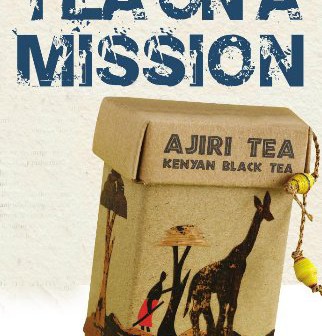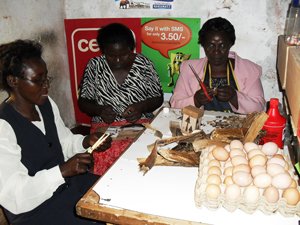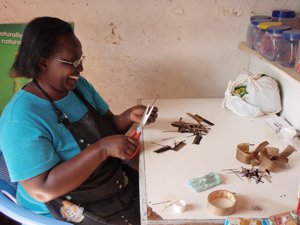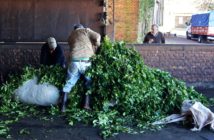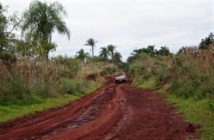This is an excerpt from the May/June issue of Tea Magazine
On a backstreet in Kisii, Kenya, Eliza’s Shop is busier than ever. A group of women in their 40s and 50s sit in the middle of the store with razor blades, cutting banana bark into animals, trees, or other tiny shapes. People passing by ask what they are doing. “We’re making labels for tea,” the women respond. “For Ajiri. It goes to America.”
Onlookers are amazed people would want labels made of something everyone has in their yards. Yet Ajiri Tea Company has shown their knack for innovation by making creative use of two materials for which Kisii is known: banana bark and tea.
It all started when Bowdoin College graduate Sara Holby, 26, worked for a health care organization in Kenya handing out food and medicine. When funding ran out, the aid stopped and the locals were at a loss. She searched for a way to make the community more self-sustaining and to create opportunities for employment, especially for women. She decided to start a company with her mother, Ann, and her sister, Kate.
With the help of Holby’s former co-worker, Nick Miyogo, Holby and her mother chose Rainforest Alliance-certified Nyansiango TM Tea Factory, which employs 10,000 small scale farmers, as the source of their tea. They hired a local artist named Florence to make 100 labels (inspired by notecards Holby purchased on an earlier trip) to put on the boxes. Groups of woman all across Kisii recreate the images on the labels.

